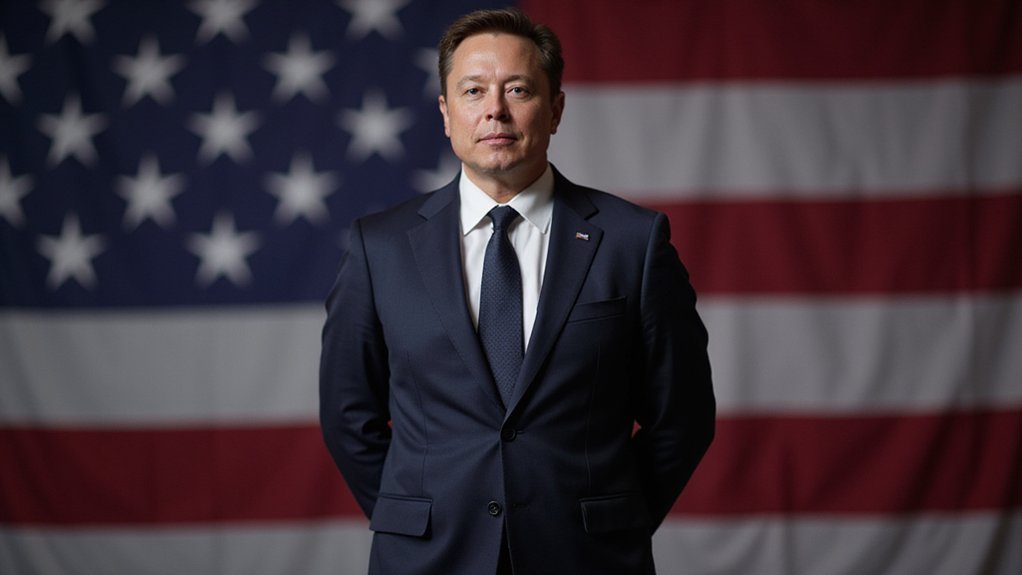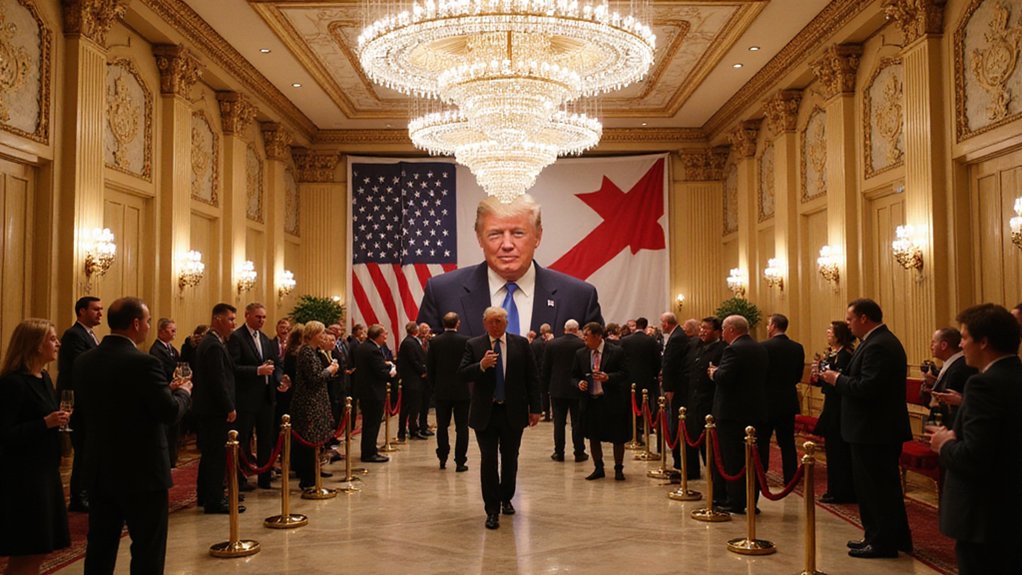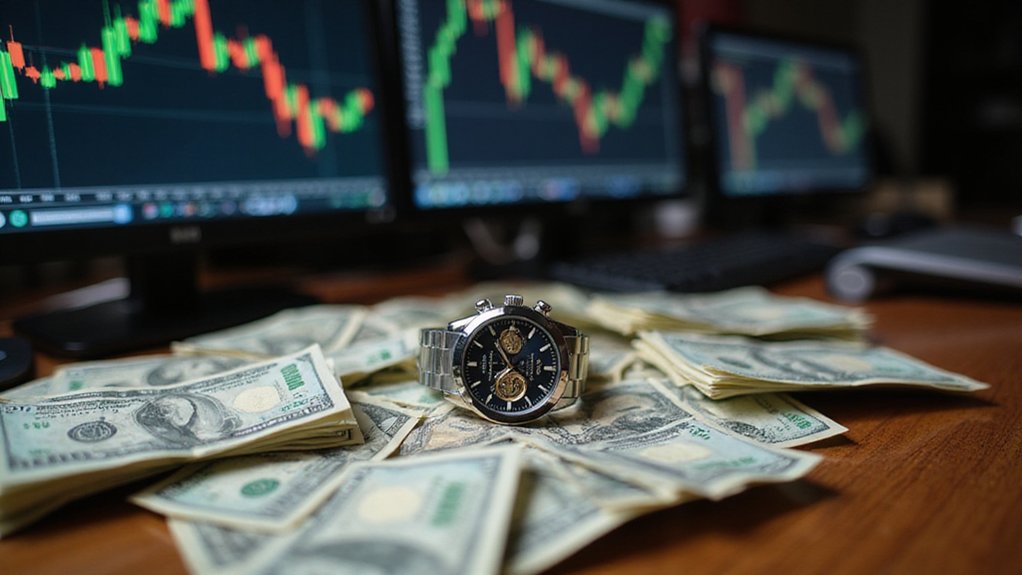While most political entrepreneurs content themselves with traditional PACs and Super PACs—those familiar vehicles for channeling influence through carefully regulated donation streams—Elon Musk has opted for the considerably more audacious route of establishing an entirely new political party.
The Tesla mogul filed a statement of organization with the Federal Election Commission to establish the America Party, naming Tesla’s CFO Vaibhav Taneja as treasurer and custodian of records. This filing legally permits the party to raise and spend money on federal elections, though one might wonder if Musk’s definition of “spending money” aligns with conventional political budgeting practices.
Rather than pursuing the typical third-party strategy of fielding presidential candidates with approximately zero chance of success, Musk’s America Party targets a invigoratingly pragmatic 2-3 Senate seats and 8-10 House positions. This concentrated approach suggests someone who actually understands electoral mathematics—a rarity in American politics, where grandiose gestures often substitute for strategic thinking.
Musk’s America Party eschews quixotic presidential bids for targeted congressional races—a refreshingly mathematical approach to third-party politics.
The party’s formation follows Musk’s vocal criticism of Trump’s “Big, Beautiful Bill,” which he characterized as potentially bankrupting the country through excessive debt. Given that concerns over green energy incentives and electric vehicle tax credits coincided with this political pivot, one might detect a certain alignment between Musk’s civic-minded concerns and Tesla’s bottom line.
Over 65% of 1.2 million respondents supported the America Party in Musk’s social media poll, though polling Twitter users about political preferences carries roughly the same statistical validity as surveying casino patrons about investment strategies. Nevertheless, this indicates considerable public appetite for alternatives to the entrenched two-party system.
The legal challenges facing any new political party remain formidable. Past efforts like Unity08 illustrate how regulatory requirements, ballot access hurdles, and reporting obligations create substantial barriers to entry. The U.S. operates on a winner takes all system for Electoral votes, which traditionally complicates voting for third party candidates and increases voter concerns about splitting votes in close races. California alone requires either 0.33% voter registration or 1.1 million signatures for new party qualification, exemplifying the state-specific hurdles that must be overcome.
Musk already channels political influence through America PAC, a super PAC capable of unlimited donations while maintaining candidate independence—a structure that might prove more effective than traditional party politics. Similar to how emerging regulatory frameworks are bringing clarity to the crypto ecosystem, political structures must adapt to new forms of influence and organization in the digital age.
Whether the America Party represents genuine political reform or elaborate corporate lobbying wrapped in patriotic branding remains unclear. What’s certain is that Musk has chosen the most challenging path possible for political influence, suggesting either remarkable conviction or characteristic overconfidence in disrupting established systems.









